Filter by
The language used throughout the course, in both instruction and assessments.
Choose the Neuroscience Course That Aligns Best With Your Educational Goals
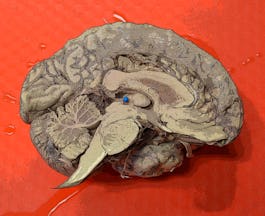 Status: Free
Status: FreeThe University of Chicago
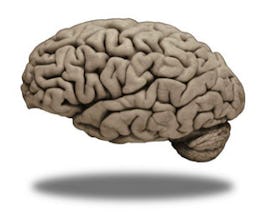 Status: Free
Status: FreeDuke University
Skills you'll gain: Health
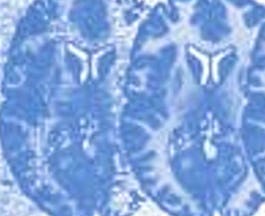
Johns Hopkins University
Skills you'll gain: Statistical Programming, R Programming, Probability & Statistics, Data Management, Data Structures, Data Analysis, Statistical Analysis, Data Visualization, Visualization (Computer Graphics), General Statistics, Research and Design, Experiment, Correlation And Dependence, Mathematical Theory & Analysis, Process Analysis, Spatial Analysis, Spatial Data Analysis, Bioinformatics, Extract, Transform, Load, Computer Programming
 Status: Free
Status: FreeCopenhagen Business School
Skills you'll gain: Business Psychology, Market Research, Marketing, Behavioral Economics, Customer Analysis, Decision Making, People Analysis, Influencing, Marketing Psychology, Research and Design
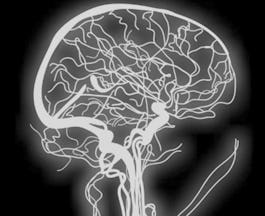
Johns Hopkins University
Skills you'll gain: Experiment
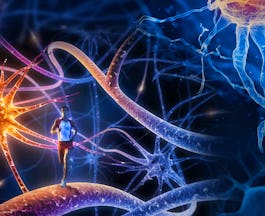 Status: Free
Status: FreePeking University
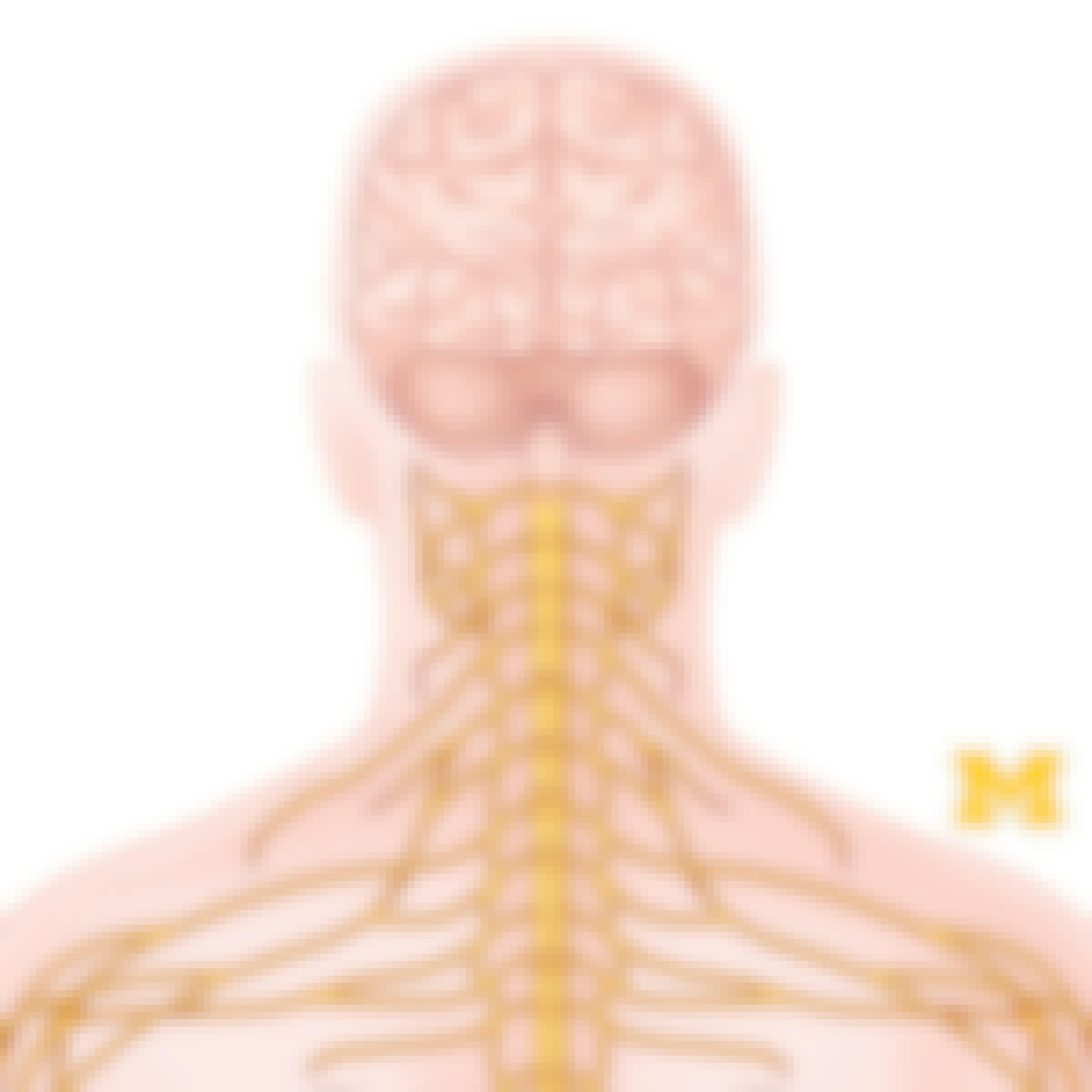
University of Michigan
Skills you'll gain: Human Learning
 Status: Free
Status: FreeUniversity of Washington
Skills you'll gain: Mathematics, Computer Programming, Mathematical Theory & Analysis, Probability & Statistics, Python Programming, Computational Logic, Data Analysis, Artificial Neural Networks, Linear Algebra, Machine Learning, Human Learning
 Status: Free
Status: FreeHebrew University of Jerusalem

University of Colorado Boulder
Skills you'll gain: Business
 Status: Free
Status: FreeDuke University
Skills you'll gain: Health
 Status: Free
Status: FreeThe University of Edinburgh
Searches related to neuroscience
In summary, here are 10 of our most popular neuroscience courses
- Understanding the Brain: The Neurobiology of Everyday Life: The University of Chicago
- Medical Neuroscience: Duke University
- Neuroscience and Neuroimaging: Johns Hopkins University
- An Introduction to Consumer Neuroscience & Neuromarketing: Copenhagen Business School
- Fundamental Neuroscience for Neuroimaging: Johns Hopkins University
- Advanced Neurobiology I: Peking University
- Anatomy: Human Neuroanatomy: University of Michigan
- Computational Neuroscience: University of Washington
- Synapses, Neurons and Brains: Hebrew University of Jerusalem
- Neuroscience of Leadership: Leading with Your Brain: University of Colorado Boulder










